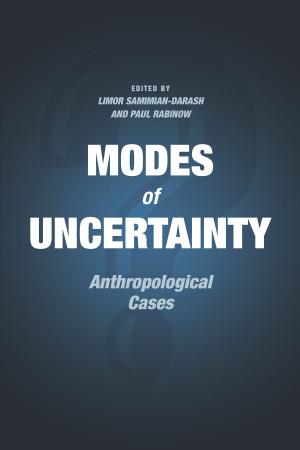Fiscal Policy after the Financial Crisis
Business & Finance, Economics, Macroeconomics, Finance & Investing, Finance| Author: | ISBN: | 9780226018584 | |
| Publisher: | University of Chicago Press | Publication: | June 25, 2013 |
| Imprint: | University of Chicago Press | Language: | English |
| Author: | |
| ISBN: | 9780226018584 |
| Publisher: | University of Chicago Press |
| Publication: | June 25, 2013 |
| Imprint: | University of Chicago Press |
| Language: | English |
The recent recession has brought fiscal policy back to the forefront, with economists and policy makers struggling to reach a consensus on highly political issues like tax rates and government spending. At the heart of the debate are fiscal multipliers, whose size and sensitivity determine the power of such policies to influence economic growth.
Fiscal Policy after the Financial Crisis focuses on the effects of fiscal stimuli and increased government spending, with contributions that consider the measurement of the multiplier effect and its size. In the face of uncertainty over the sustainability of recent economic policies, further contributions to this volume discuss the merits of alternate means of debt reduction through decreased government spending or increased taxes. A final section examines how the short-term political forces driving fiscal policy might be balanced with aspects of the long-term planning governing monetary policy.
A direct intervention in timely debates, Fiscal Policy after the Financial Crisis offers invaluable insights about various responses to the recent financial crisis.
The recent recession has brought fiscal policy back to the forefront, with economists and policy makers struggling to reach a consensus on highly political issues like tax rates and government spending. At the heart of the debate are fiscal multipliers, whose size and sensitivity determine the power of such policies to influence economic growth.
Fiscal Policy after the Financial Crisis focuses on the effects of fiscal stimuli and increased government spending, with contributions that consider the measurement of the multiplier effect and its size. In the face of uncertainty over the sustainability of recent economic policies, further contributions to this volume discuss the merits of alternate means of debt reduction through decreased government spending or increased taxes. A final section examines how the short-term political forces driving fiscal policy might be balanced with aspects of the long-term planning governing monetary policy.
A direct intervention in timely debates, Fiscal Policy after the Financial Crisis offers invaluable insights about various responses to the recent financial crisis.















